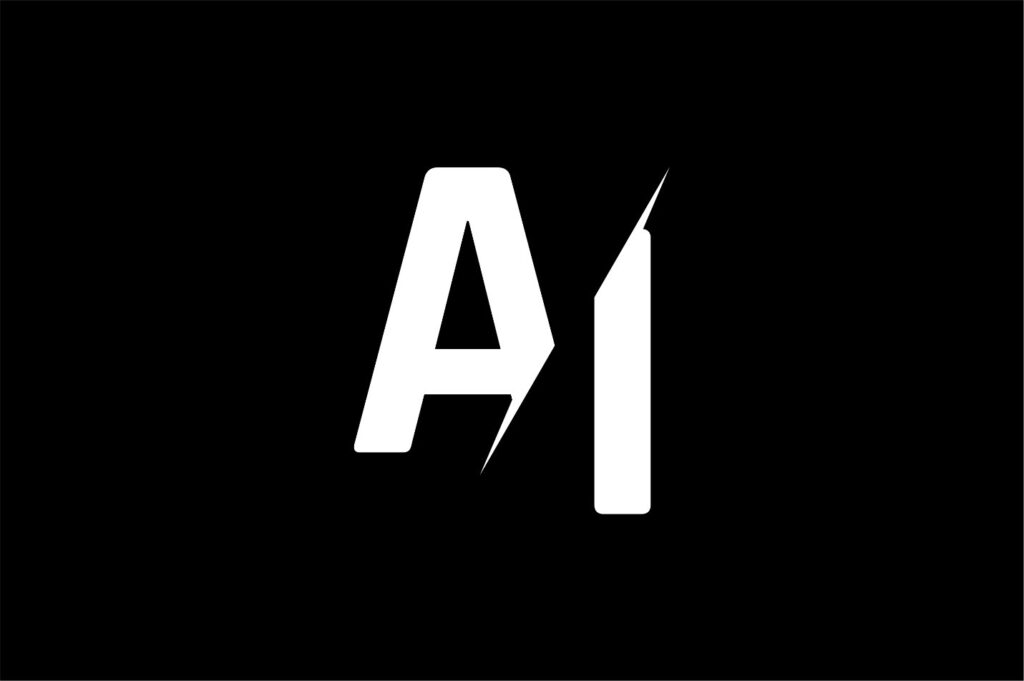It’s rare for democratic governments to act quickly. It’s rarer still for dozens of legislative bodies to act as if they were thoroughbreds in the starting gate and the bell has just been rung and the gates flung open. That’s what happened when artificial intelligence (AI) suddenly, overnight as it were, was unleashed on the world.
While they didn’t necessarily understand how AI works, they immediately understood the threat it posed to the workings of government. Yes, they knew it was powerful. They knew it could affect positive changes in healthcare and finance, industry and agriculture. The dawning of the age of AI was an awakening unlike technological innovation ever seen. It was the onset of the internet… on steroids, with the power to change everything.
One by one and everyone all at once
In early February, members of the European Union (EU) Parliament reached agreement on a proposal first put forth by the European Commission in 2021. The planned law will categorize AI system based on the degree of risk they portend.
Not everyone was on board with the proposal. The Computer & Communications Industry Association (CCIA Europe) felt the new AI regulations were unclear and could hinder the adoption of innovative AI applications. Some, however, like Germany’s Economy Minister, Robert Habeck expressed a more optimistic approach: “when implementing the rules, we will focus on innovation-friendliness, legal clarity for companies, and lean, low-bureaucracy structures – for a strong AI location in Europe.” France’s President Emmanuel Macron appointed engineer Anne Bouverot to oversee a Safety Summit and co-chair a 15-member Generative AI Committee.
The United States embraced AI. Under the direction of President Biden, the U.S. established AI.gov. The initiative encourages Americans to “Join the National AI Talent Surge” by providing a single gateway which details U.S. Administrative actions; governmental use of AI; opportunities to teach and research AI; a gateway for foreign nationals to bring their AI skillsets to the U.S. and a portal for citizens to express their concerns and raise questions about how AI will shape the American AI experience.
In the U.S. Congress, Representative Anna Eshoo, whose district includes a large swath of Silicon Valley from San Jose and further up the San Francisco Peninsula including where much of the tech community – including Apple, Meta, and Alphabet/Google — has their headquarters, introduced H.R. 4704 – Artificial Intelligence and Biosecurity Risk Assessment Act in 2023. Individual U.S. states, counties, and cities also enacted legislation to address the risks and rewards affiliated with AI.
In April 2024, Canada announced it would spend about $2 million to support a domestic artificial intelligence sector.
In 2022, Jordan presented its AI strategy and implementation to the United Nations Industrial Development Organization. The initiative sets out the Middle East nation’s plan to roll out AI through 2027.
In April 2024, the State of Israel also affirmed the need to continue its development of AI at the AI Israel conference. Professor Eyal Zimlichman, Chief Transformation Officer & Chief Innovation Officer at Sheba Medical Center in Tel HaShomer, near Tel Aviv said, “At the national level, the next decade must be dedicated to the field of artificial intelligence in healthcare.”
This unique global response to AI is just the beginning. As local, state, and federal governments implement their AI plans, there are certain to be adjustments along the way; adjustments, yes. Turning back, no.








